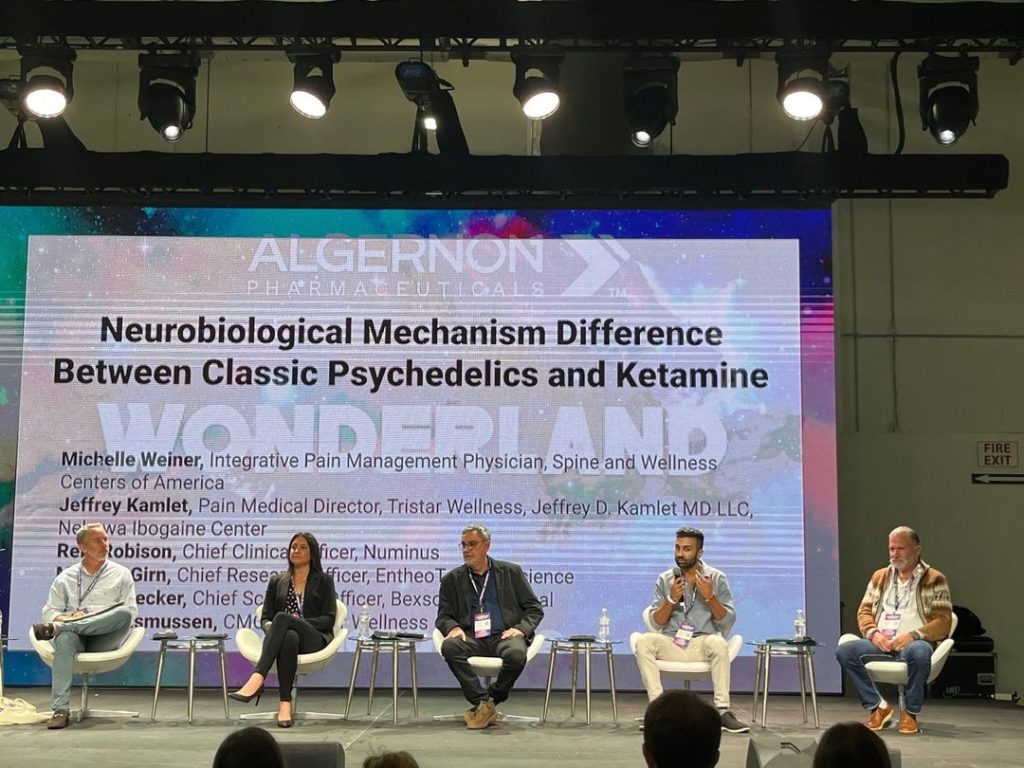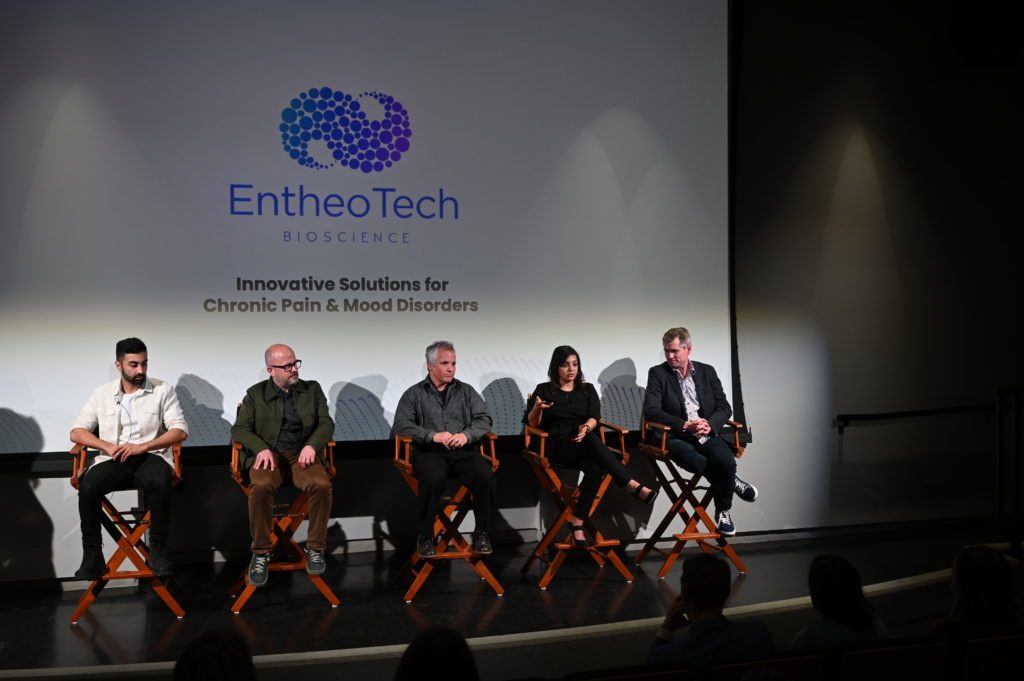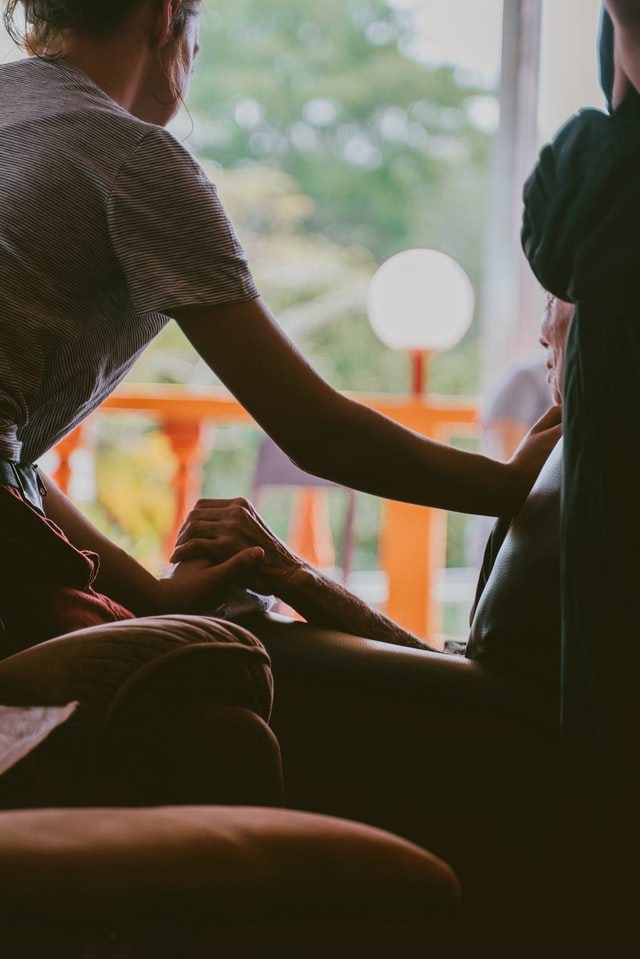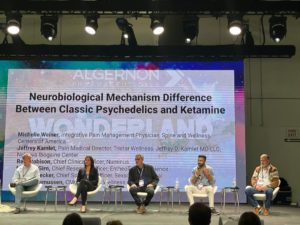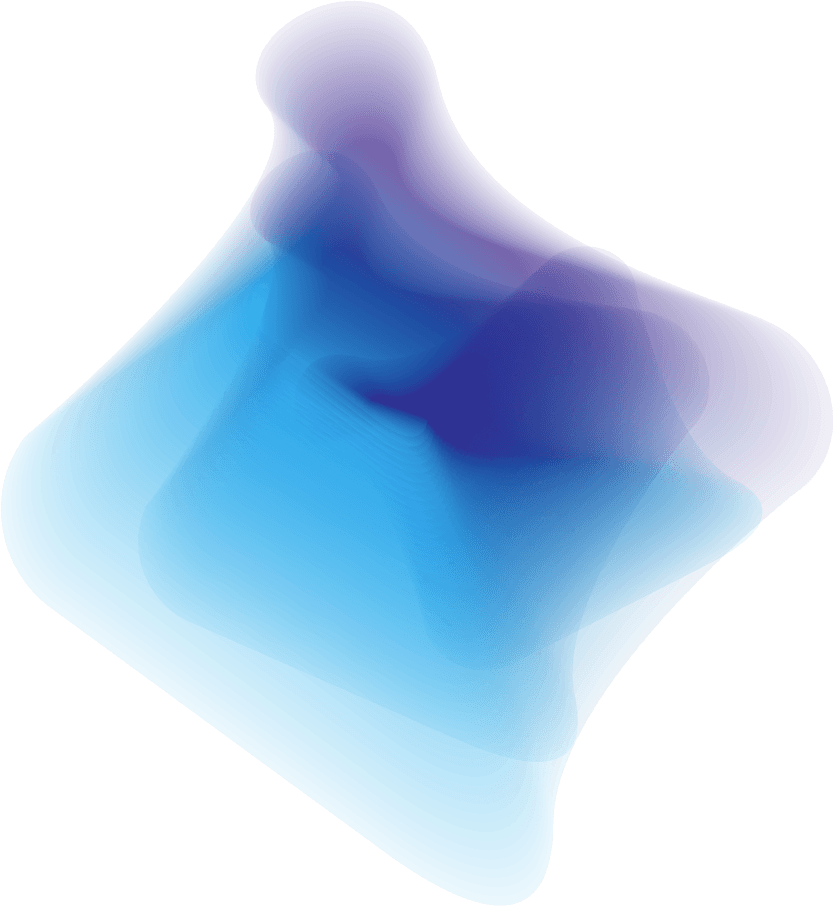Mental health conditions like depression, anxiety and PTSD are an all too common experience, impacting an individual’s quality of life and ability to function.
Despite our best efforts at treating these conditions with traditional approaches like antidepressant prescriptions, the mental health crisis is worse than ever before.
Thanks to a renewed interest in psychedelic research however, there is growing space in mainstream discussion for alternative methods. Ketamine Assisted Therapy (KAT) is one such treatment showing promising results in approaching common mental health conditions like anxiety, depression and PTSD.
While ketamine infusions can greatly support an individual’s mental health trajectory by promoting new neural connections and boosting neurochemicals, it is not a magic pill and must be supported with other practices to truly facilitate long term change. EntheoMed’s Odyssey provides participants with preparatory and integratory counseling sessions pre and post treatment, as well as guidance on supportive wellness practices that can further enhance the benefits of their dosing sessions. In this article, we will explore the role of wellness practices in supporting long-term healing alongside KAT.
How Mindfulness Practices Support Ketamine Assisted Therapy
Everyday events can trigger distressing responses related to traumatic memories. These responses, repeated over time, manifest as anxiety, depression and PTSD symptoms.
Ketamine treatments can offer rapid and potent anti-anxiety and antidepressant effects due to its neuroplastic abilities – growing new neural connections in the brain, and helping create changes to an individual’s ability to relate to the causes of their distress.
For instance, an individual with severe social anxiety may experience intense fear and discomfort regarding potential social interactions. They may have experienced severe bullying as a child and fear being rejected, criticized or judged by others as an adult. This is a thought pattern repeated for possibly decades. Ketamine’s neuroplastic abilities, rewiring neural connections, can create new thought patterns. The medication may allow the individual to give themselves compassion, understand the causes of their anxiety, and open themselves up to more hopeful possibilities.
Supportive psychotherapy pre and post ketamine sessions help individuals more deeply understand the insights gained from their psychedelic experiences.
While ketamine itself can promote neuroplasticity and open up the mind to new neural connections, wellness activities practiced in regular life can help the mind practice using these new neural pathways.
Mindfulness practices like yoga, breathwork and meditation are good for mental health because they support mind-body connection, grounding in the present moment, and improved emotional regulation. KAT participants can expand the benefits gained from their dosing sessions by adopting these wellness practices into their daily lifestyles.
Through deep breathing and intentional movement, yoga can decrease stress levels and promote the release of feel-good chemicals in the brain.
Similarly, meditation can improve emotional regulation and reduce ruminative thinking patterns by increasing present moment awareness.
Incorporating these wellness practices can provide an effective, holistic approach to mental health, especially when combined with Ketamine Assisted Therapy.
Mindfulness Practices Offered at The EntheoMed Integrated Wellness Clinic
With the opening of our new space and flagship clinic in Kelowna BC, the EntheoMed team is thrilled to provide a space for holistic healing in person and online.
Participants of our Ketamine Assisted Therapy Odyssey can incorporate mindfulness practices like yoga and breathwork into their lifestyles by attending guided sessions in our new space.

